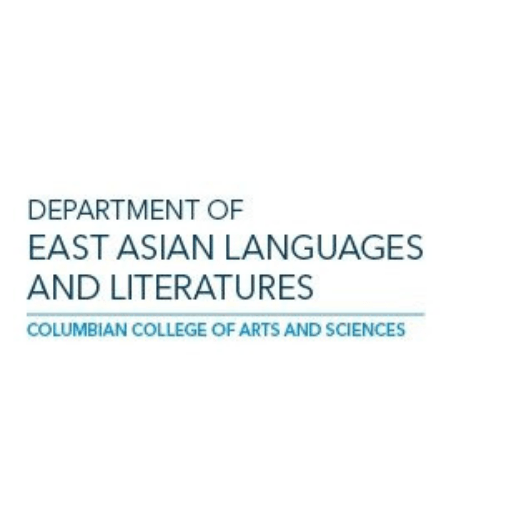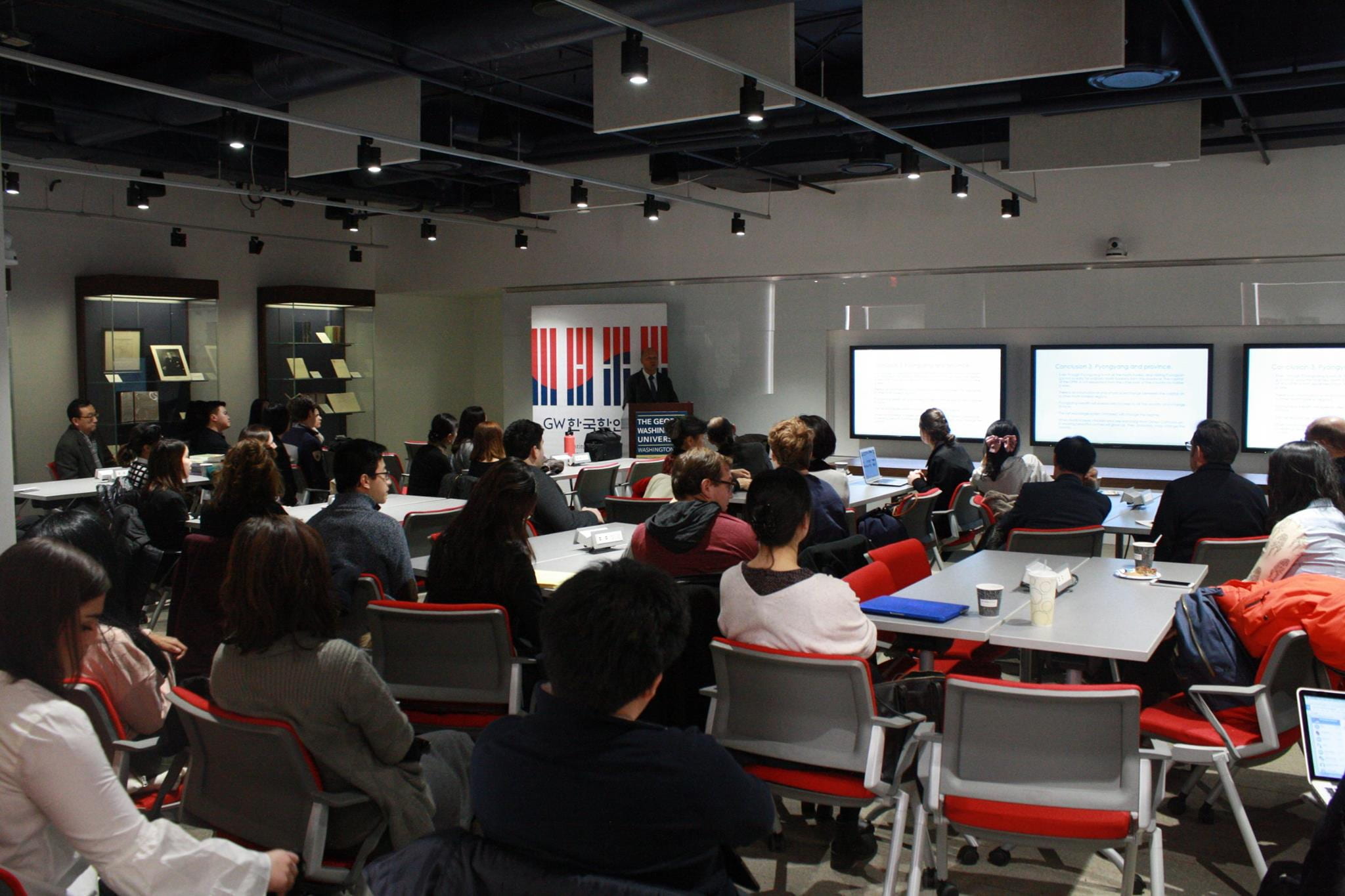
On January 26, 2018, the Department of East Asian Languages and Literatures hosted the Kim-Renaud East Asian Humanities Lecture Series regarding modernization in North Korea, co-sponsored by the GW Institute for Korean Studies (GWIKS). The talk featured Professor Sergei O. Kurbanov from the St. Petersburg University, who is currently a visiting scholar at GWIKS. Professor Kurbanov offered a unique insight into North Korea that he lamented as gaining far too little attention in U.S. public perception.
Professor Kurbanov began the discussion by noting that we often live in the world of our own myths, and thus, it is imperative to deconstruct these myths so that we are able to make astute decisions grounded upon facts. While many observers focus on North Korea’s “modern” history of roughly 70 years, Prof. Kurbanov emphasized that the country’s history dates back to 5000 years ago, beginning with Ancient Joseon (Gojoseon). In the minds of North Koreans, there is much more to their way of life and their history than their leadership, given how their traditions, literature, language, art, and values stem back to thousands of years ago.
Prof. Kurbanov then discussed North Korea’s more recent history, starting from the 1940s, which he argued as being a relatively free society with freedom of speech, thinking, and assembly. Before the outbreak of the Korean War, the northern provinces featured numerous political parties and factions, intellectuals espousing various schools of thought, and private ownership of small and medium enterprises. Even after the War, there was a short period in which pluralism existed.
The 1990s was a period of forced isolation for North Korea, given the fall of the Soviet Union and the Eastern bloc. Thus, in the early 2000s and until 2011, North Korea sought to improve relations with South Korea, China, Russia, and the United States. In light of this historical background, Prof. Kurbanov argued that North Korea has always been more nationalistic than truly communist. Contrary to the dynasties of Korea’s long history, he asserted that it would be incorrect to label the Kim regime as dynastic, as each successive leader of the DPRK has occupied a political position different from the previous leader. Furthermore, given North Korea’s place in East Asia, where neighboring countries of South Korea, Japan, and China are making strides in economic, technological, and scientific innovation, he claimed that North Korea has similar ambitions.
Having established this background, Prof. Kurbanov proceeded to discuss his observation of scientific, technological, and cultural modernization in North Korea. Specifically within the context of the capital of Pyongyang, he noted the widespread use of cellphones (smartphones), computers, tablets, solar-powered batteries, banking cards, and taxis. Market mechanisms were very much active, with vendors selling goods, car owners paying for parking, and businessmen and women moving about. Prof. Kurbanov also observed the prevalence of children carrying drinking water around (which he noted was unseen when he was growing up in the USSR), soju (which had been introduced to North Korea through interactions with the South), religious institutions such as a Buddhist monastery and a Russian orthodox church (whatever their real objectives may be), and popular trends in fashion and style.
Perhaps what was most interesting among his many examples was the widespread popularity of American culture, with children avidly watching dubbed Disney animations and donning Mickey Mouse shirts. Thus, Prof. Kurbanov strongly emphasized that North Koreans do not see Americans as enemies, but rather as potential friends. Despite the rhetoric adopted by the North Korean leadership and the media, as well as the strong public sentiment against what has been framed as American imperialism, the average North Korean enjoys American popular culture and is curious to learn more.
Prof. Kurbanov shared various photos to elucidate his points and offered a unique look into the country based on his personal experience living and working there. He highlighted the importance of arriving at a common understanding of North Korea. In regards to tackling the politico-diplomatic and nuclear problem presented by the country, he offered three steps the U.S. could take toward resolution: (1) guarantee North Korea that the U.S. will not invade, (2) invite North Korea into the U.S. defense system, and (3) begin talks after these two proposals are put forth.
Written by Bomie Lee
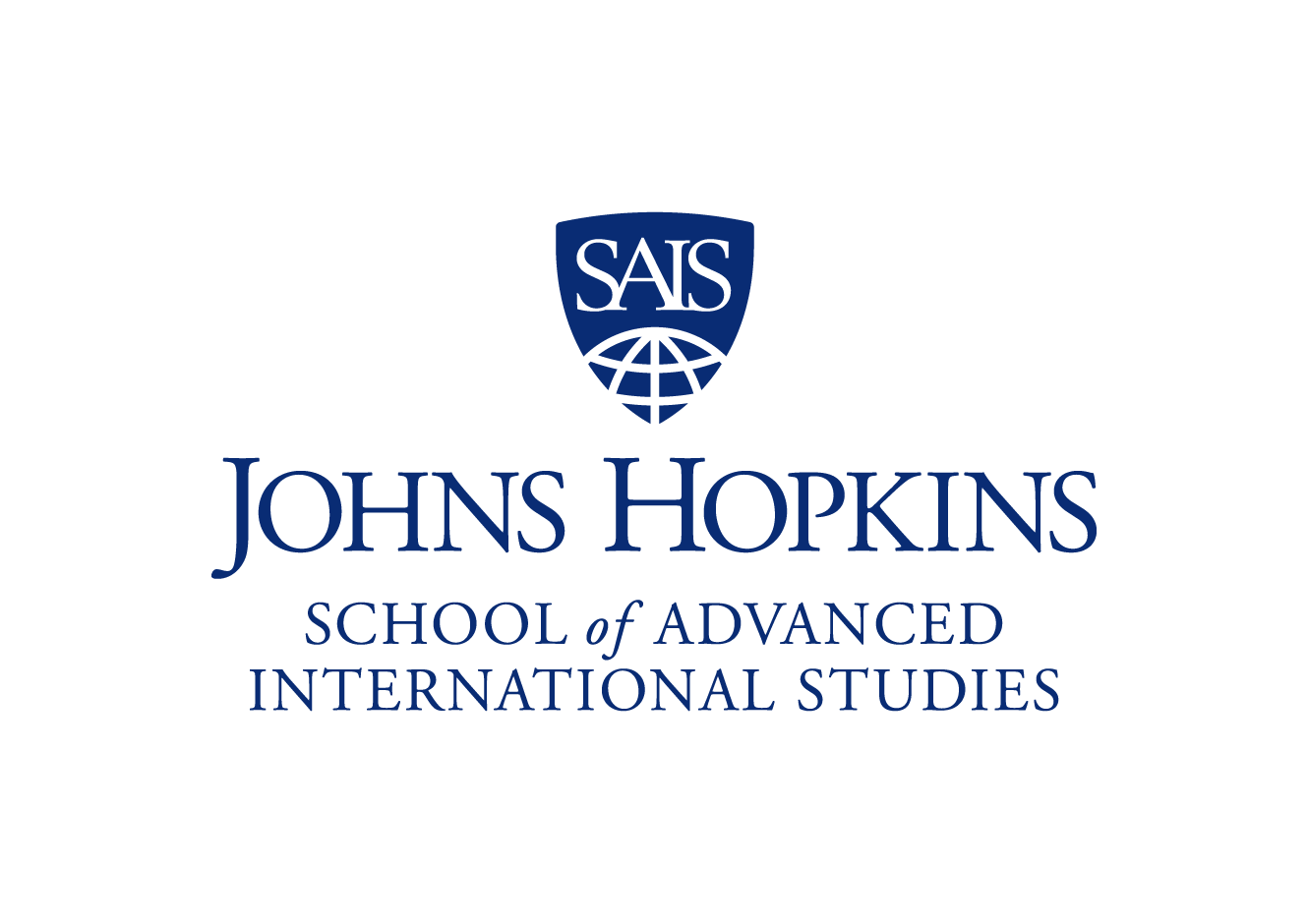
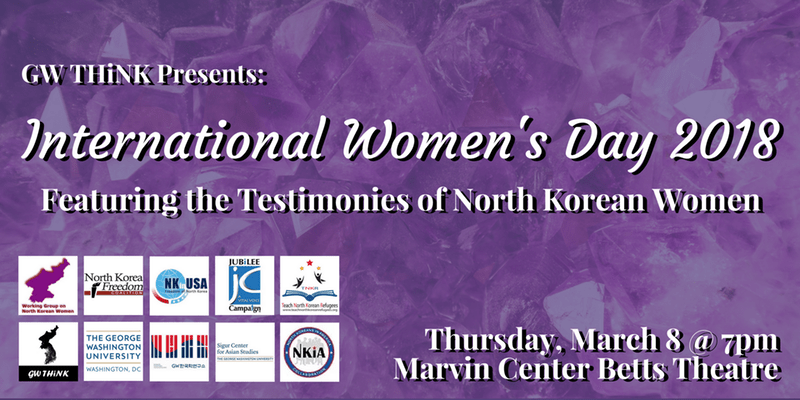

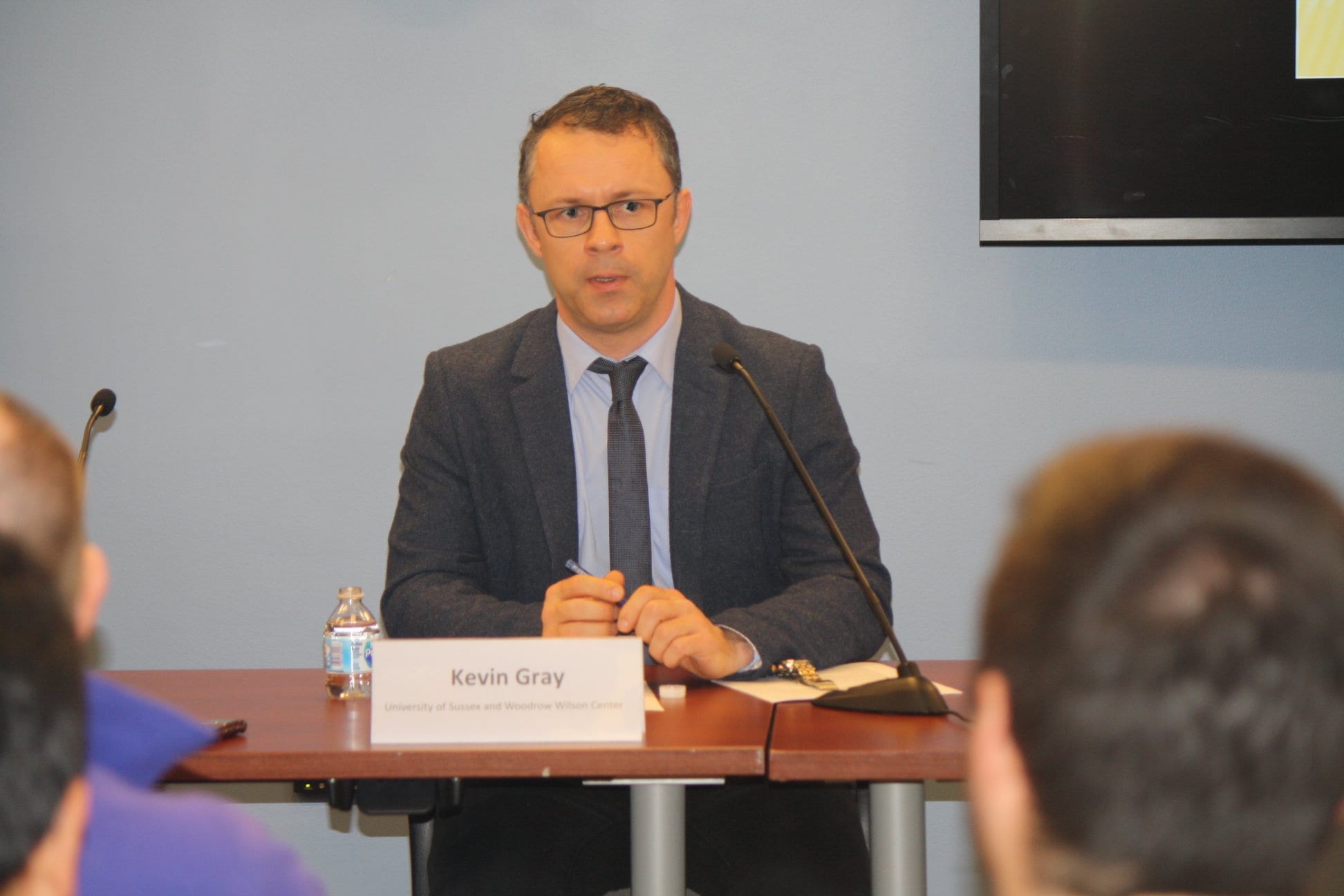 Partnerships for International Strategies in Asia (PISA) and GW Institute for Korean Studies (GWIKS) co-hosted an event looking at economic reform in North Korea. Both PISA and GWIKS are standouts in the Washington policy community for their mission to expand public discourse on North Korea beyond the security archetype. On February 22, 2018, we gave the audience the opportunity to learn more about North Korean economic history, government-led reforms, domestic political drivers, and the role of outside actors in shaping North Korean economic landscape. Keynote speaker, Dr. Kevin Gray of University of Sussex, and currently a fellow at the Woodrow Wilson Center, delivered a presentation titled, the
Partnerships for International Strategies in Asia (PISA) and GW Institute for Korean Studies (GWIKS) co-hosted an event looking at economic reform in North Korea. Both PISA and GWIKS are standouts in the Washington policy community for their mission to expand public discourse on North Korea beyond the security archetype. On February 22, 2018, we gave the audience the opportunity to learn more about North Korean economic history, government-led reforms, domestic political drivers, and the role of outside actors in shaping North Korean economic landscape. Keynote speaker, Dr. Kevin Gray of University of Sussex, and currently a fellow at the Woodrow Wilson Center, delivered a presentation titled, the 